21st Century Housekeeping
Central role of Housekeeping
When hoteliers talk about their business, we often hear about improving customer service, introducing new ways to engage guests, coming up with more effective ways to sell rooms, increase occupancy and RevPAR (Revenue per available Room). We must not forget, however, that the core product of a hotel is a room. A hotel can have the best customer service, offer all kinds of facilities and exciting dining options, but none of that matters if the rooms are not clean, well presented and ready at the time of guest’s arrival.
Cleanliness is arguably the most critical variable influencing the quality of guest experience.
A negative review of the hotel room cleanliness can result in severe reputational and financial harm for the business. A clean room is the foundation of any hotel offering, regardless if it is a basic student hostel or an ultra-luxury resort. It is implied, there is no argument about it. This implication of cleanliness is so fundamental that it is often forgotten about, and the housekeeping department is left out of the conversation when it comes to improving hotel operations via technology.
Most hotels invest in the new technology for their front-of-house operations – but what about housekeeping?
The work of a humble housekeeping room attendant is rarely seen, yet, as we established above, this work’s outcome is crucial to the business’s success. The COVID-19 pandemic brought the focus back on cleaning standards and sanitation. Travellers these days need even more assurance that the foreign environment they are entering is clean and safe.
In this article, the authors will assess the challenges housekeepers face and ways to improve the housekeeping operations using the next-generation hotel technology.
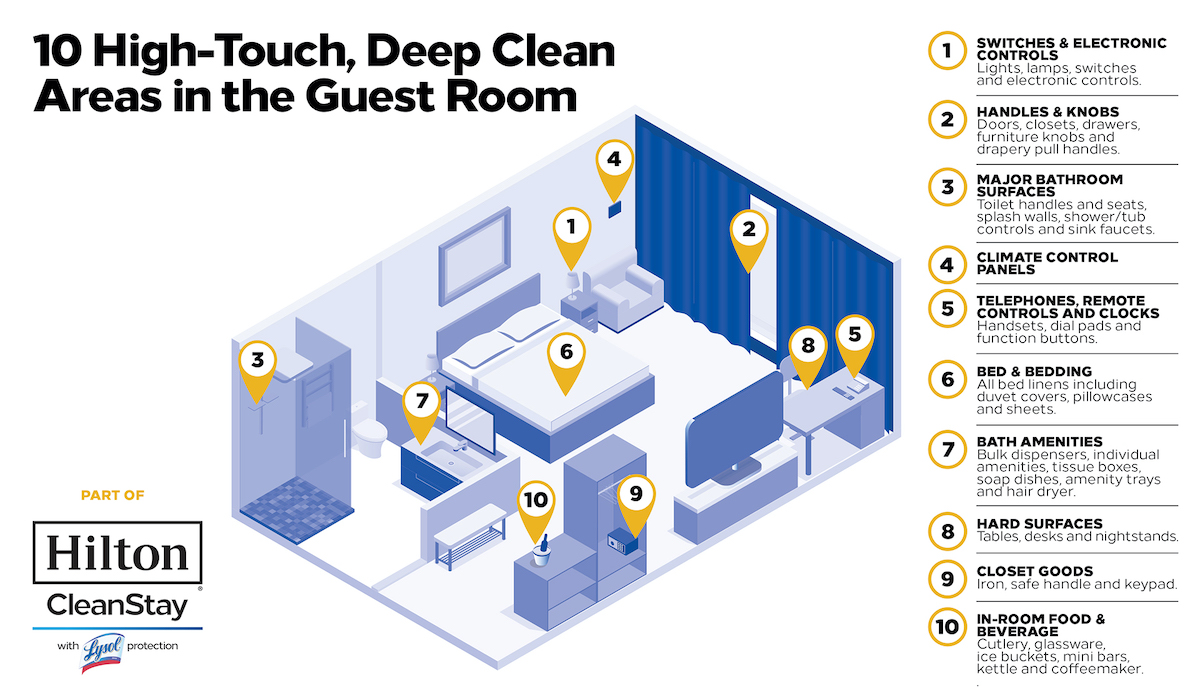
Housekeeping constraints and challenges
To better understand the challenges executive housekeepers and housekeeping supervisors face, we must first look at the constraints of a housekeeping operation.
The first and most important constraint is time. In theory, all guests can use the room from check-in time to check-out time on the departure date. Even though every hotel can set and enforce their own check-in and check- out policies, there is an implied expectation that the room must be ready at the time of arrival. Moreover, in recent years, late check out has become a popular benefit offered by hotels to their loyalty program members and other guests. Of course, this should not come as a surprise – offering an early check- in or a late check out instantly increases guest satisfaction at virtually no cost to the hotel. In fact, this has become such an industry standard that some luxury hotel brands are getting rid of check-in and check-out times altogether, guaranteeing their guests the use of the room for as long as the guest needs it. This, in theory, can create cases where housekeepers must clean all the rooms in the hotel within an utterly unrealistic time frame. This can be resolved in an ideal world by merely hiring more housekeeping attendants and reducing the shift time, but we all know it does not work that way. One would have a hard time finding a few hundred people to only work from 11am to 3pm seven days a week. Therefore, an executive housekeeper’s main challenge is to have all the rooms cleaned as quickly as possible using as few attendants as possible.
Luckily, most guests do not arrive early or wait for the check-out time to vacate the room, allowing housekeepers to start cleaning rooms earlier.
This, in turn, brings us to the next challenge – communication.
The Front Office usually drives the check-in and check-out process, while the housekeeping attendants and supervisors are busy on the hotel floors. This causes a communication breakdown between the departments. Archaic hotel workflows often force the Front Office to use phones or walkie talkies to communicate with Housekeeping, which is not ideal during the busy check-in or check-out periods when front office staff have to be engaged with guests. Knowing when the guest left the room, and the attendant may start cleaning is imperative to manage the housekeeping workload successfully. Many housekeeping tasks also require more than one attendant to complete. Therefore, the housekeepers need to be notified of the changes to room statuses and effectively communicate with the Front Office and the housekeeping department.
Resource management is another challenge executive housekeepers face.
We must not forget that occupancy and movement forecasting is not only used by revenue managers and front office, but also by housekeeping. After all, the executive housekeeper must ensure that there are enough attendants rostered to cover the occupancy surges and that the attendant’s trolleys are well stocked and ready for each shift. To put it simply, a hotel cannot run out of towels or shampoo bottles, no matter what.
While we are on the subject of peripheral tasks, let us not forget that the housekeeping department not only is responsible for daily room cleaning but also carries out many other crucial roles. Executive housekeepers need to track deep cleaning schedules for each room, schedule cleaning of meeting rooms and public areas, and ensure the furniture and mattresses are regularly updated and log maintenance requests in an accurate and timely manner.
Moreover, housekeeping is usually in charge of minibar restock, registering and tracking lost property as well as handling all the non-routine guest room requests such as an extra blanket or hotel slippers.
Despite the multitude of tasks housekeepers need to perform, the core function of the housekeeping department is to clean rooms. As simple as it sounds, each room needs to be cleaned and reset for each new guest in a manner set by hotel brand standards. Consistency is vital here, and every little detail counts. Let us not forget that a hotel room is essentially a space shared by thousands of strangers every year, so the expectation of complete cleanliness is paramount for the guest. Given the context, a single hair on the pillow or a piece of rubbish left in the wastebasket becomes a big deal. It can ruin the guest’s stay just moments after check-in. On top of that, many luxury hotels would want to accommodate guest’s wishes regarding room setup and cleaning. For example, travellers with allergies would often call ahead to inform the hotel that certain cleaning products cannot be used in their room, and these requests must be communicated to the person cleaning the room. Quality control and strict adherence to guest requests are yet another challenge executive housekeepers face every day.
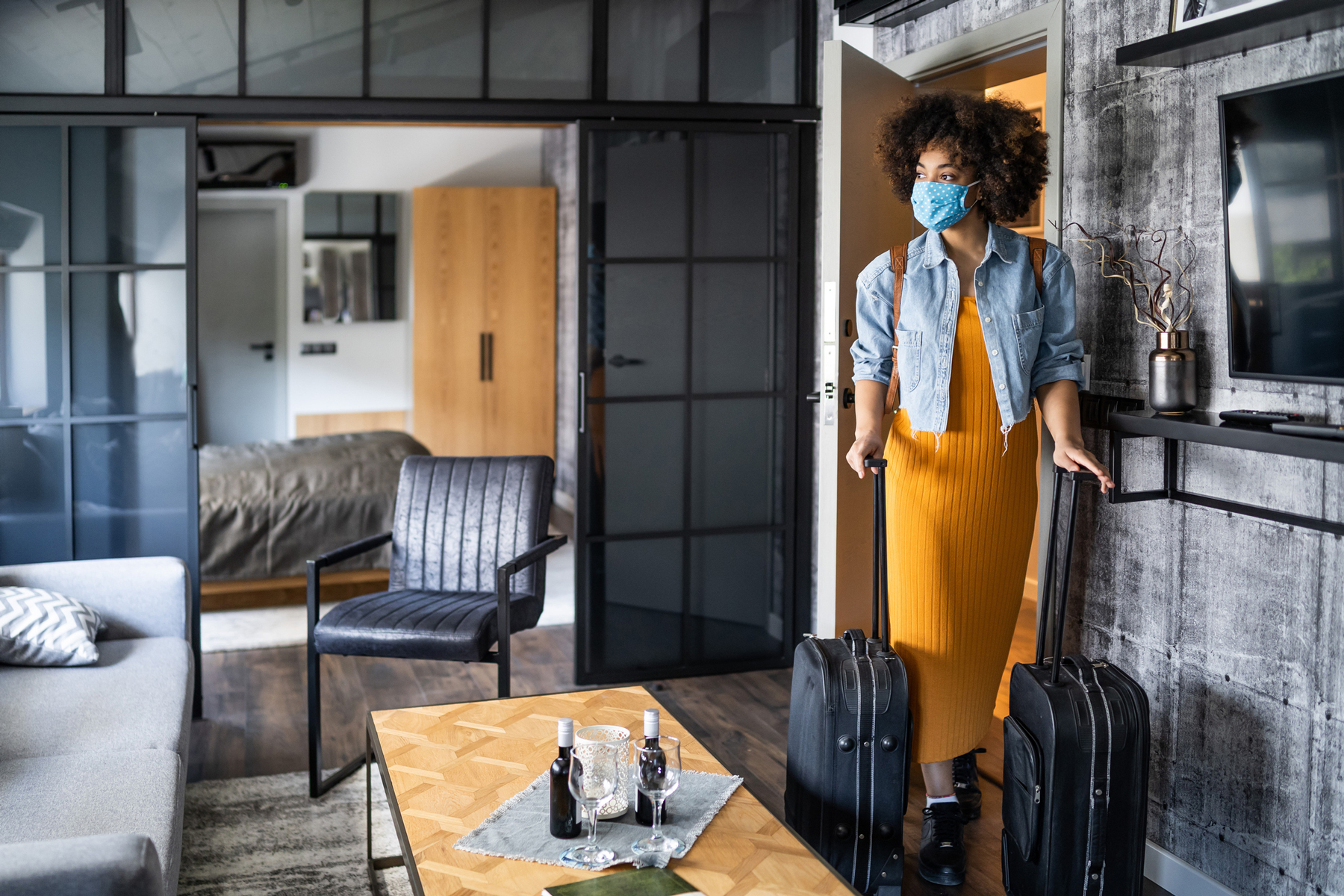
To summarise, the housekeeping attendants need to know exactly what to do and when to do it. They need to perform their tasks quickly and discreetly, even though some guests leave their rooms in a much worse state than others. Special requests must be accommodated; lost property must be carefully logged, minibar must be restocked and charged, maintenance issues must be addressed. The room needs to then be thoroughly checked before it can be handed over to the front desk as ready for arrival.
Despite such a long list of responsibilities and, arguably, having the most crucial role in hotel’s daily operations, a housekeeping attendant’s role is often classified as “unskilled labour” and, if we are completely honest, is not paid very well. In the past, housekeeping departments were staffed with employees who simply could not afford or were not interested in the latest gadgets and software; therefore, they were not considered technologically savvy. Unfortunately, many hotel software providers maintain this antiquated mindset and are almost dismissive when it comes to software for housekeepers.
Luckily, consumer technology is advancing faster than hotel technology. Many of the housekeepers are used to modern technology in their daily life. Technology is becoming more accessible and easier to use, even for people with no prior experience. The next-generation hotel software should follow this trend and recognise the importance of assisting housekeepers in their hard work. Housekeepers use consumer technology in their daily life and would not hesitate to do the same at work.
Benefits of technology for the Housekeeping department
The good news is that next-generation technology solutions can help make many of these challenges a distant memory. With advanced housekeeping solutions, manual tasks such as scheduling, updates, room assignments, tracking, reports, and requests are automated and centralised. On average, it takes a housekeeping supervisor approximately 60-90 minutes each morning to prepare the room assignments, but using a pre-defined advanced algorithm room assignment can be done with a push of a button. All the housekeeping team then have to do is to stock their trolleys and start their day.
With current mobile technology advancements, printed paper task sheets simply have to be left in the past where they belong. Task sheet reports are hard to read, difficult to prioritise, raise concerns about guest privacy, and, most importantly, they do not provide the housekeepers with real- time updates on room statuses. No wonder that housekeepers spend a lot of their time just trying to find the next room to clean if all they have got is a printed sheet with a list of rooms generated early in the morning and remains unchanged for the rest of the day. Instead, they could be equipped with a tablet, smartphone or even a smartwatch app that will tell them exactly how the rooms should be cleaned. It will be updated in the real-time, based on the guest checking out, prioritising rooms assigned for arrivals, VIPs, Loyalty Members etc. Guest information is kept secure behind both device and application authentication.
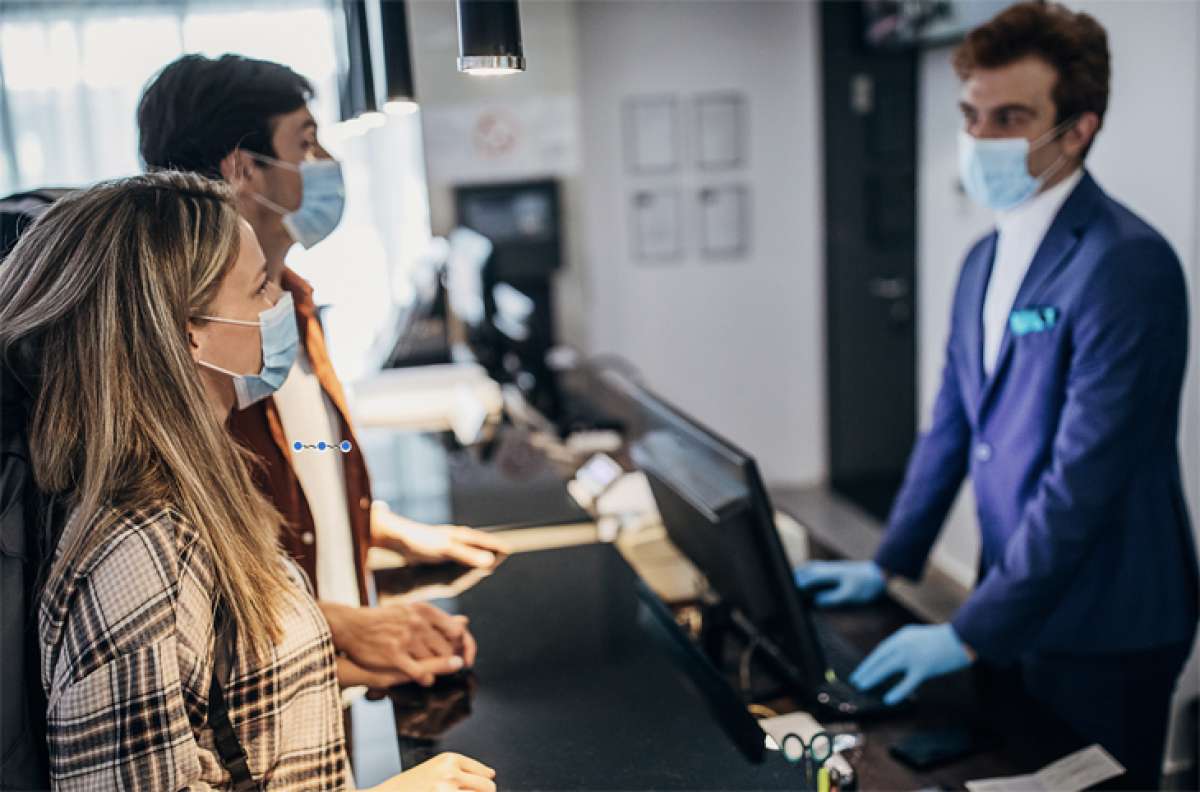
Going mobile would also greatly enhance information exchange between housekeepers and other departments. Why use walkie talkies if all necessary communication between housekeeping and front desk could be done seamlessly via the PMS (Property Management System). For example, if the room isn’t ready upon guest arrival, placing such a room on the queue should issue a push notification immediately received by the appropriate housekeeper. Similarly, the housekeeper no longer needs to be briefed if there are any special cleaning requests associated with a reservation – all the necessary information can be included in the cleaning plan for each room displayed on the attendant’s mobile device. These instructions can even be translated for the attendant’s convenience. After all, useful information relay means speaking the user’s language! Of course, this goes both ways: via technology, a housekeeper can be empowered to observe and note guest preferences, allowing the Front Office to create memorable moments for the guest for current and future stays.
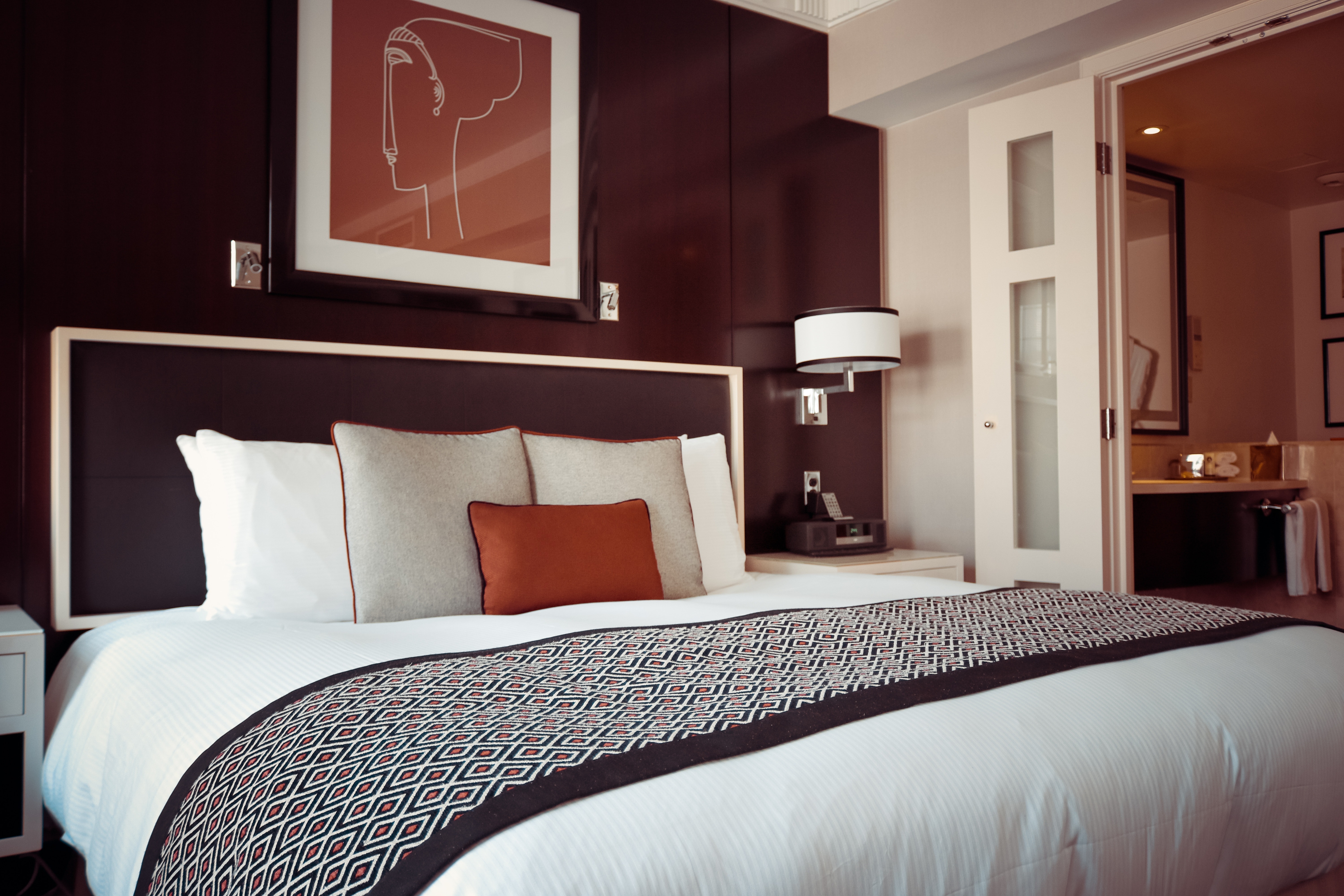
Having a mobile device would also enable housekeepers to be more proactive in logging lost property and maintenance issues. Housekeepers do not have time to write up complicated work orders for engineers. Logging a maintenance task should be as easy as snapping a photo and clicking send.
Another aspect of mobile housekeeping technology is security. Housekeeping attendants often work alone on hotel floors and, as their employer, the hotel’s responsibility is to keep them safe. Whenever a housekeeper requires help, they should have a quick and easy way to request it. The mobile device would allow housekeepers to stay connected to their supervisors, hotel management, security and the emergency services at all times.
The key to a housekeeping solution’s success is to deliver all of this rich and advanced functionality in an intuitive, multilingual, easy-to-use, and easy to train the users. If it’s hard to train on and use, employees won’t use it, and owners and managers will not get the results they’re looking for.
At the end of the day, hotels will always rely on housekeeping staff to ensure that rooms are clean and welcoming for guests. Housekeeping work requires not only significant physical effort but also great concentration and attention to detail. Hotels must recognise the importance of housekeeping and assist them in their hard work by implementing technology that would make their shifts smoother and less stressful.
When housekeeping staff create more efficiency with communication and assignments, it frees up their time to deliver more exceptional guest experiences.
About the Authors
Kamil Wilczewski, Product Owner at Shiji Group
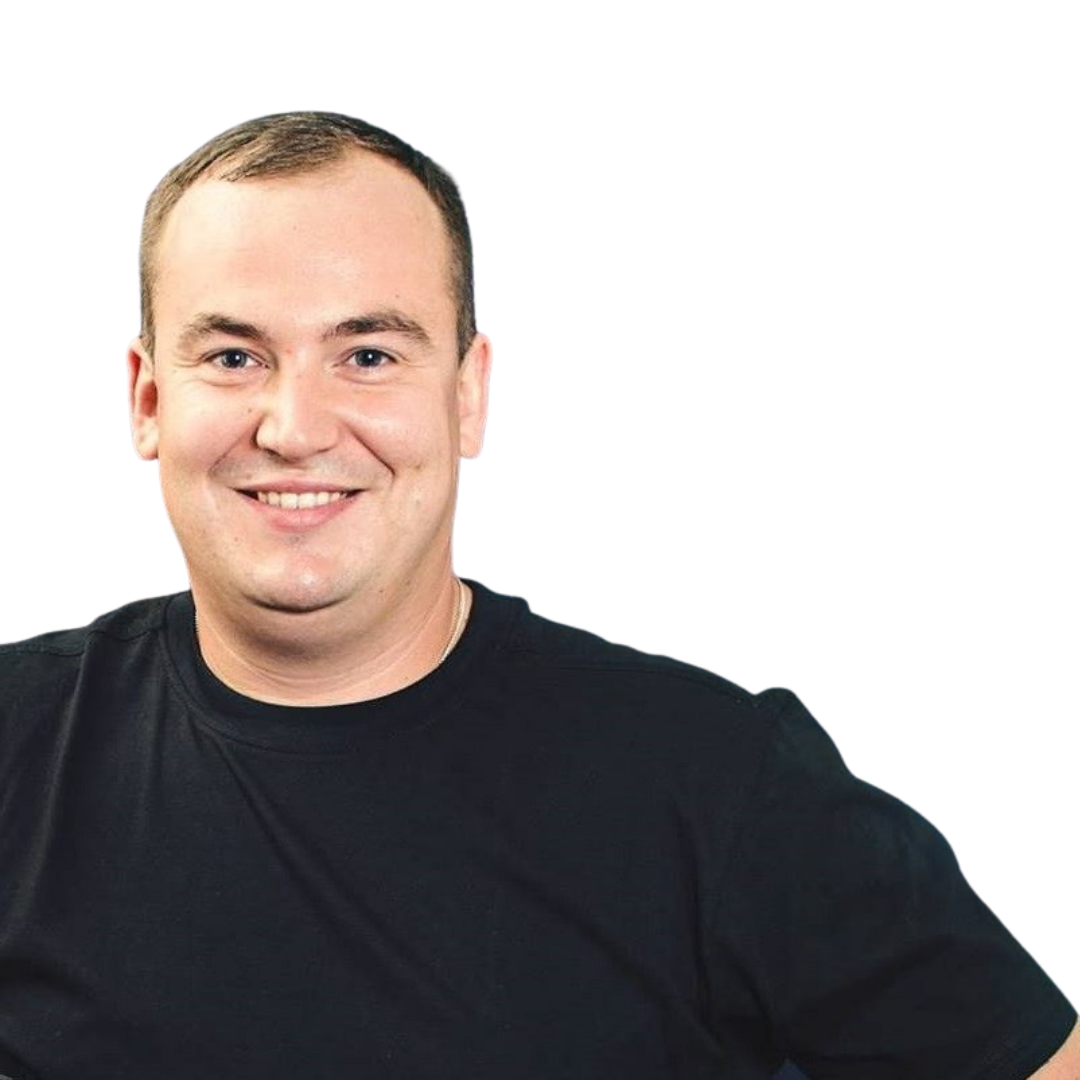
-
Kamil has been a Product Owner at Shiji Group for the last 5 years and is responsible for the housekeeping application in Shiji Enterprise Platform, which he has been involved with since the beginning. Kamil is currently working from both home and Shiji’s Poland headquarters in Katowice through a new flexible hybrid work model. Starting his career in hospitality at the age of 15, Kamil has worked in various areas of the industry, including hotels and F&B, from waiter to Reservation Manager in Poland, Ireland and the United Kingdom. Most recently, he was an Implementation Specialist at Micros/Oracle and has since moved to Shiji Group.
Outside of the office, Kamil is a highlander from Sucha Beskidzka, a little town in the south of Poland, where he is a husband and a father to his 5-year-old son. He enjoys skiing, bicycling, and taking his quad bike off-road.
Connect with Kamil on Linkedin.
John Petrov, Product Owner at Shiji Group

-
John Petrov is a Product Owner at Shiji Group and has been with the company since late 2018. He initially worked alongside Kamil in the housekeeping area but has since moved to different areas of the Shiji Enterprise Platform.
Originally from Saint Petersburg, Russia, John has worked in hotels in various roles from luggage porter to assistant hotel manager since the age of 16. Shortly after completing his Master’s in Hotel Management at the University of South Australia, he started his position as an Implementation Specialist at Micros/Oracle Australia working with hotels around Australia, New Zealand, Asia and South Pacific. He has since joined Shiji Group and settled in Katowice, Poland where he is now working full time out of the Shiji Poland headquarters. In his spare time, John still enjoys travelling, trying international food, and staying in interesting hotels, but strictly as a leisure guest.
Connect with John on Linkedin.
Also, make sure to find these complementary content pieces on Housekeeping Technology
- VIDEO l Housekeeping Technology Solutions
- PODCAST l Karen O'Neill from Knowcross and Jonathan Weizman from RoomChecking discussing Housekeeping Technologies
- INFOGRAPHIC l Housekeeping Technology
Find all techtalk.travel editorials here.



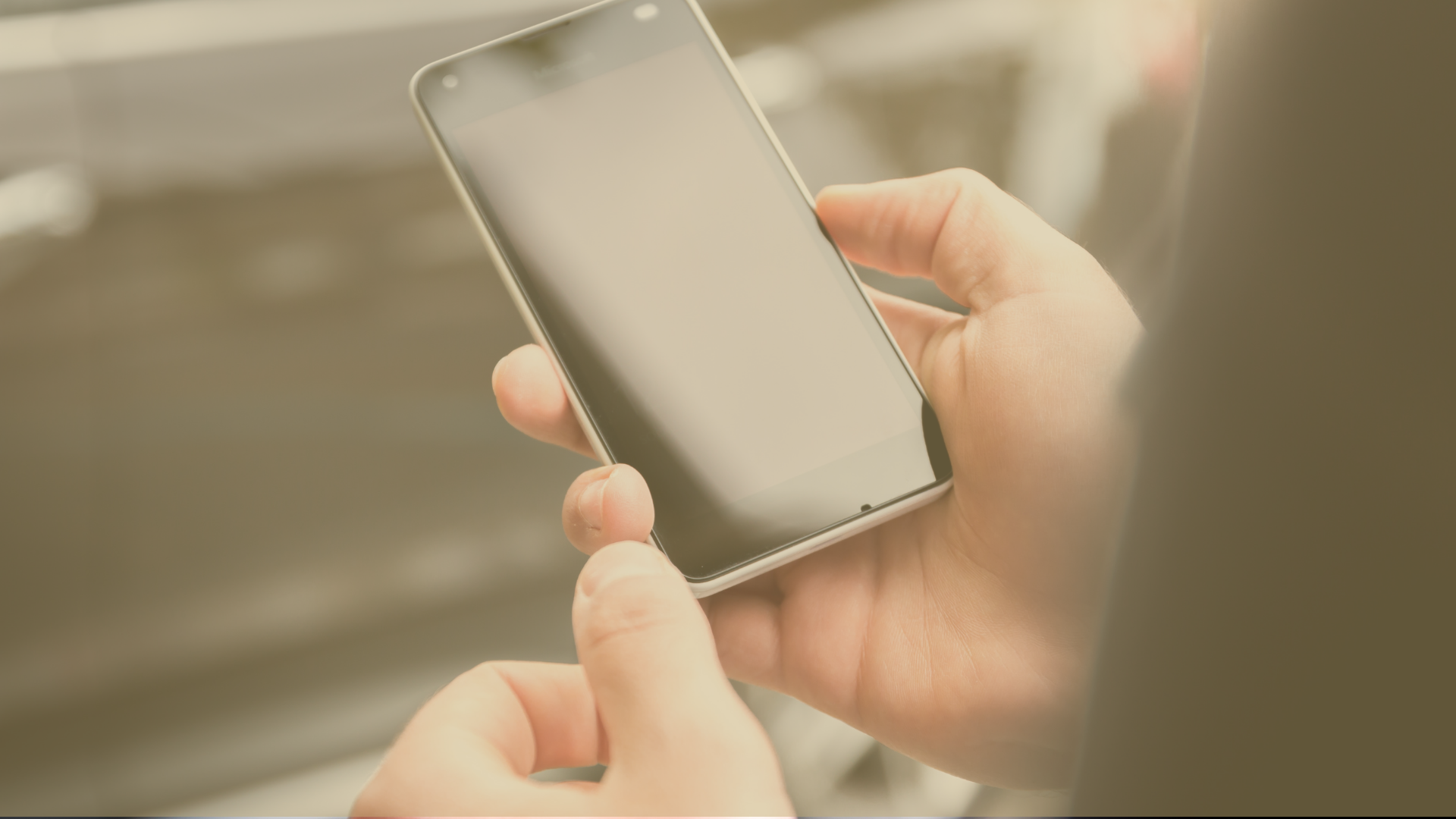
 Free download
Free download

![V03: The History of Hotel & Travel Technology | [Updated] Infographic](https://www.techtalk.travel/storage/app/uploads/public/63f/e6f/ec8/63fe6fec80447817849943.jpg)
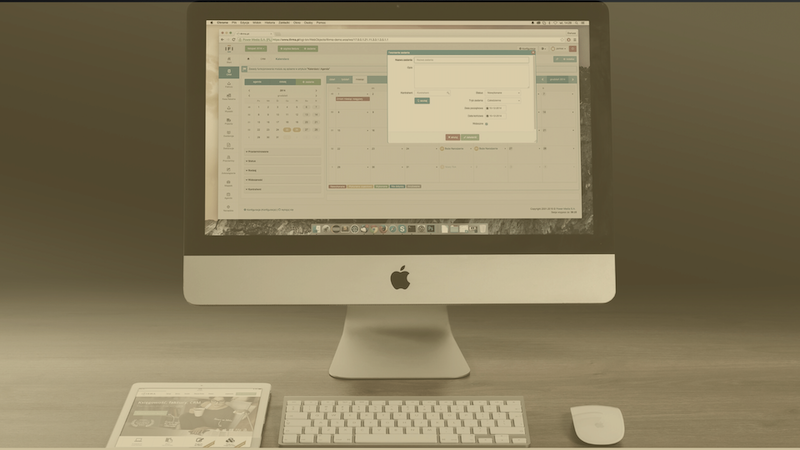
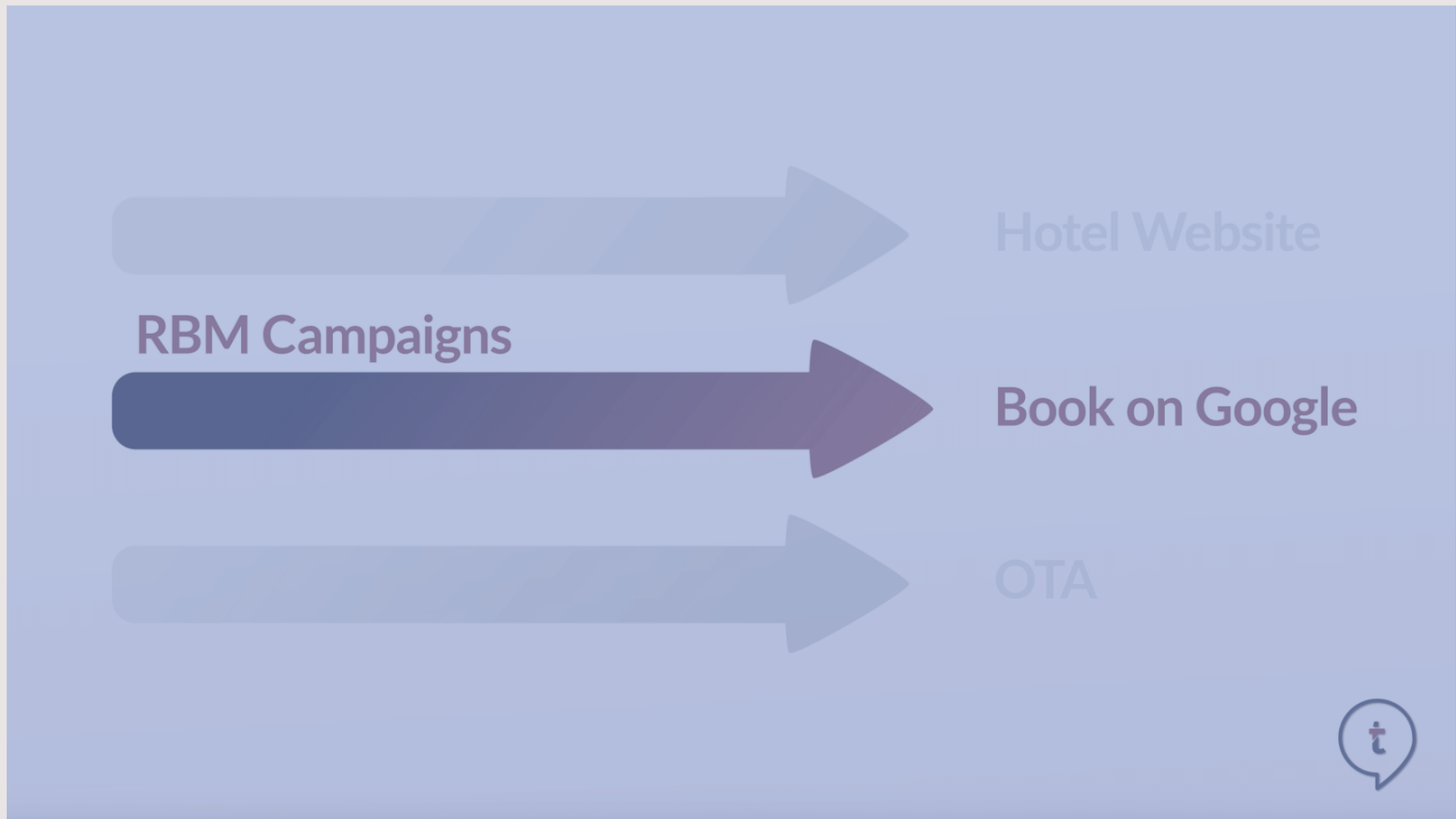

Create an account to access the content.
Get access to Articles, Video's, Podcasts, Think Tanks, Infographics and more.
Click “Sign In” to accept our
Terms of Service Privacy Policy